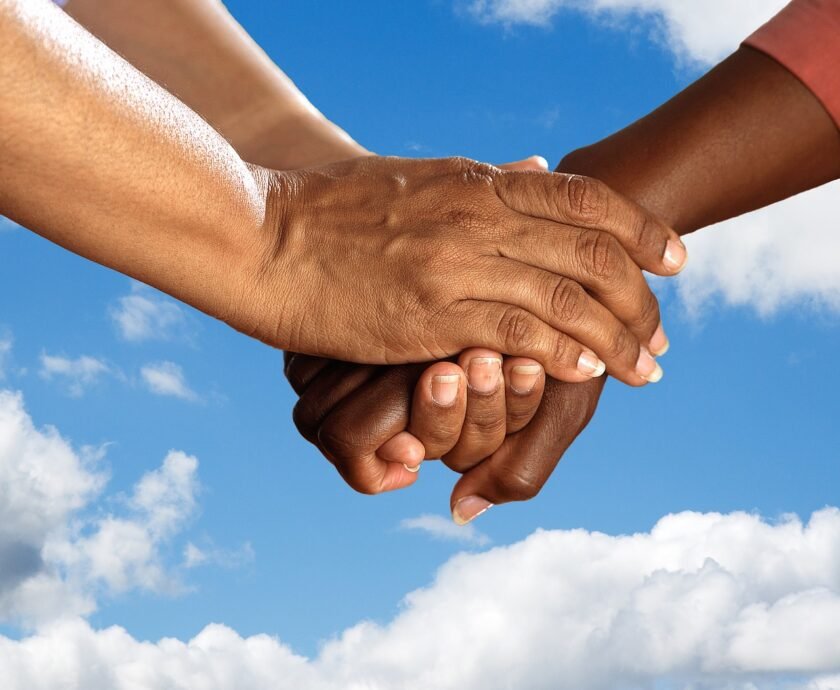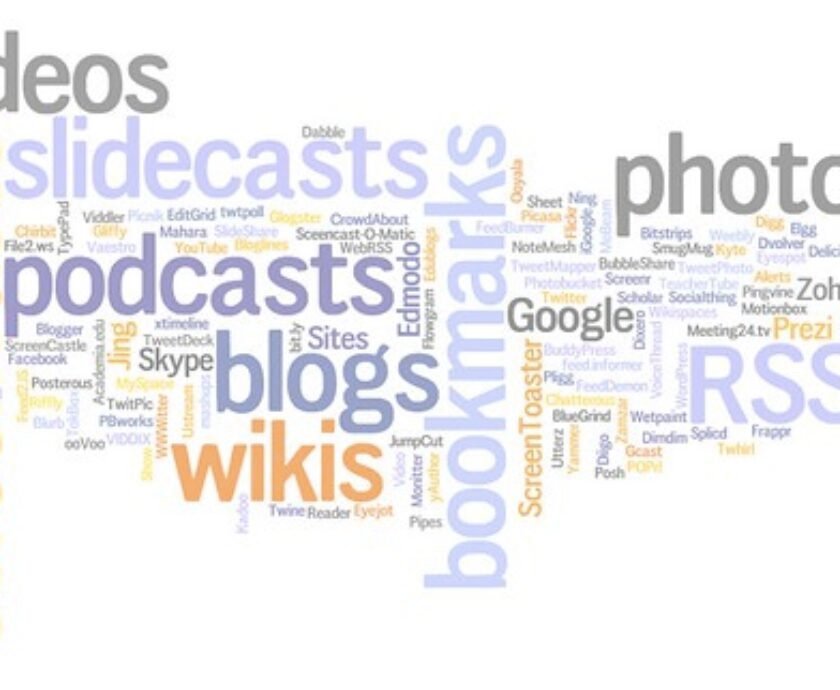You Wake Up One Day as a Human Being
Imagine waking up one typical morning, ready to face the day. You have breakfast with friends or family, exchanging stories and plans for the day ahead. It’s an ordinary day, filled with routine activities and familiar faces.
Going About Your Day
You head out to attend your job, school, or college, navigating the bustling streets and crowded public transport. The day unfolds as expected: meetings, classes, and interactions fill your schedule. Amidst the busyness, you find moments of calm and contemplation, perhaps during a coffee break or a quiet moment between tasks.
A Sudden Encounter
Then, suddenly, you notice a person with a disability. They might be navigating the street, attending the same class as you, or driving on the road. This sight catches your attention and stirs a range of thoughts and emotions.
Your Feelings
Initially, your feelings are dominated by empathy. You imagine the challenges and obstacles faced by the person with a disability, appreciating your own abilities more deeply. However, over time, this empathy gradually morphs into self-pity directed towards the person with a disability. In Urdu, typically people say “Shukar Alhamdulillah” (Thank God), feeling grateful that they do not have to go through such hardships.
Cursed Feelings
These feelings of self-pity are what we call cursed feelings. Over time, you might start seeing a person with a disability as an object of pity rather than recognizing them for who they truly are—individuals with their own strengths, experiences, and dignity.
The Curse of Ableism
Ableism is the real curse, an insidious attitude that views people with disabilities as lesser or as objects of pity rather than equals. All of humanity, whether you believe in a god or not, is part of nature and deserving of equal respect and opportunity. However, society often fails to think this way. Instead, we leave people with disabilities, including those who are blind, deaf, or physically impaired, to suffer in silence.
Why?
Why do we perpetuate this cycle of pity and exclusion? It stems from a lack of understanding and awareness. We fail to recognize the full humanity of people with disabilities and the richness they bring to our communities. Breaking free from these cursed feelings involves:
- Education and Awareness: Learning about the diverse experiences of people with disabilities and understanding the barriers they face.
- Advocacy and Support: Promoting policies and practices that ensure accessibility and inclusivity in all aspects of life.
- Empathy and Respect: Treating people with disabilities with the same empathy and respect we would want for ourselves.
By challenging our own biases and advocating for a more inclusive society, we can move away from cursed feelings and towards genuine empathy and equality for all.


